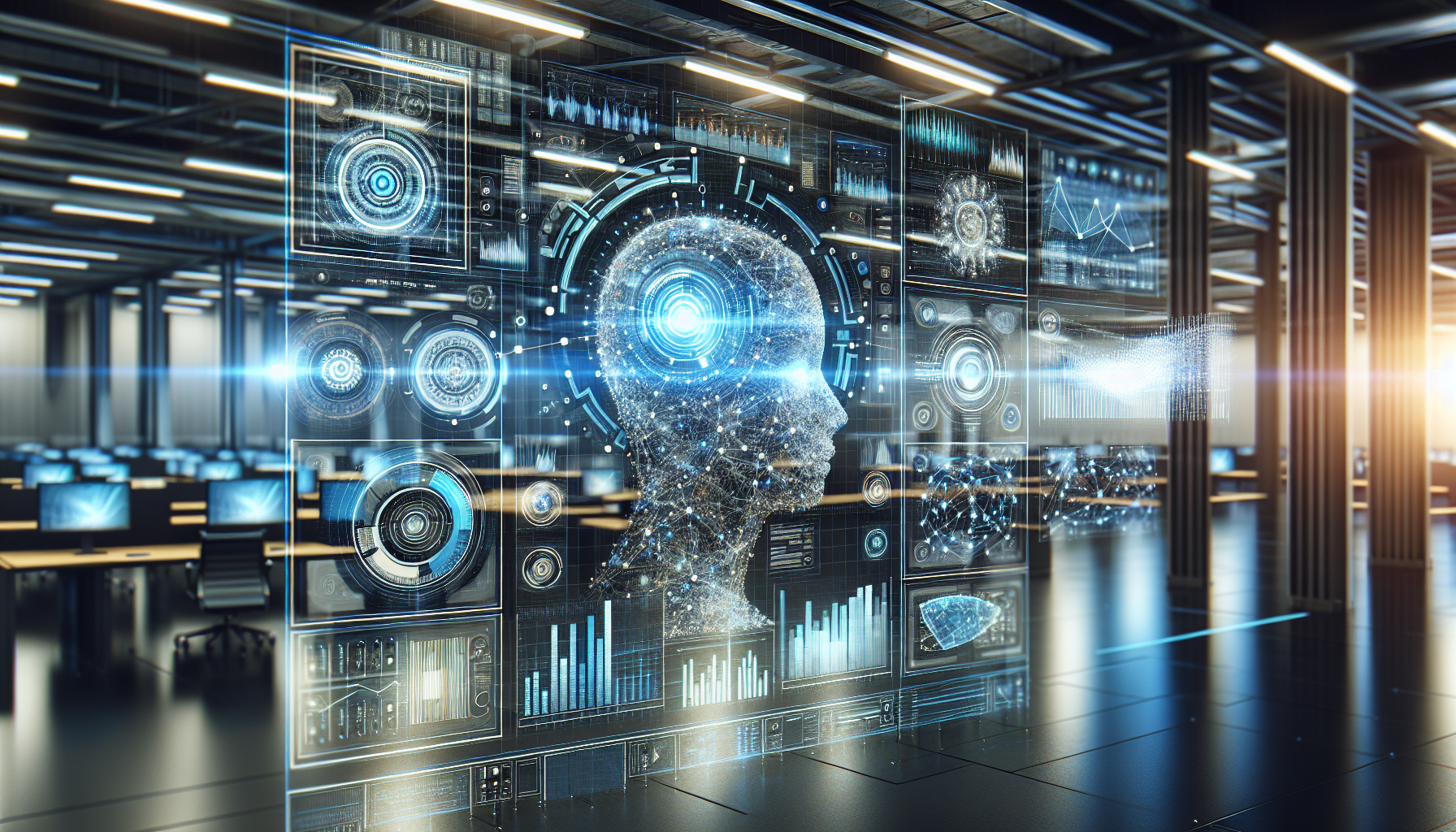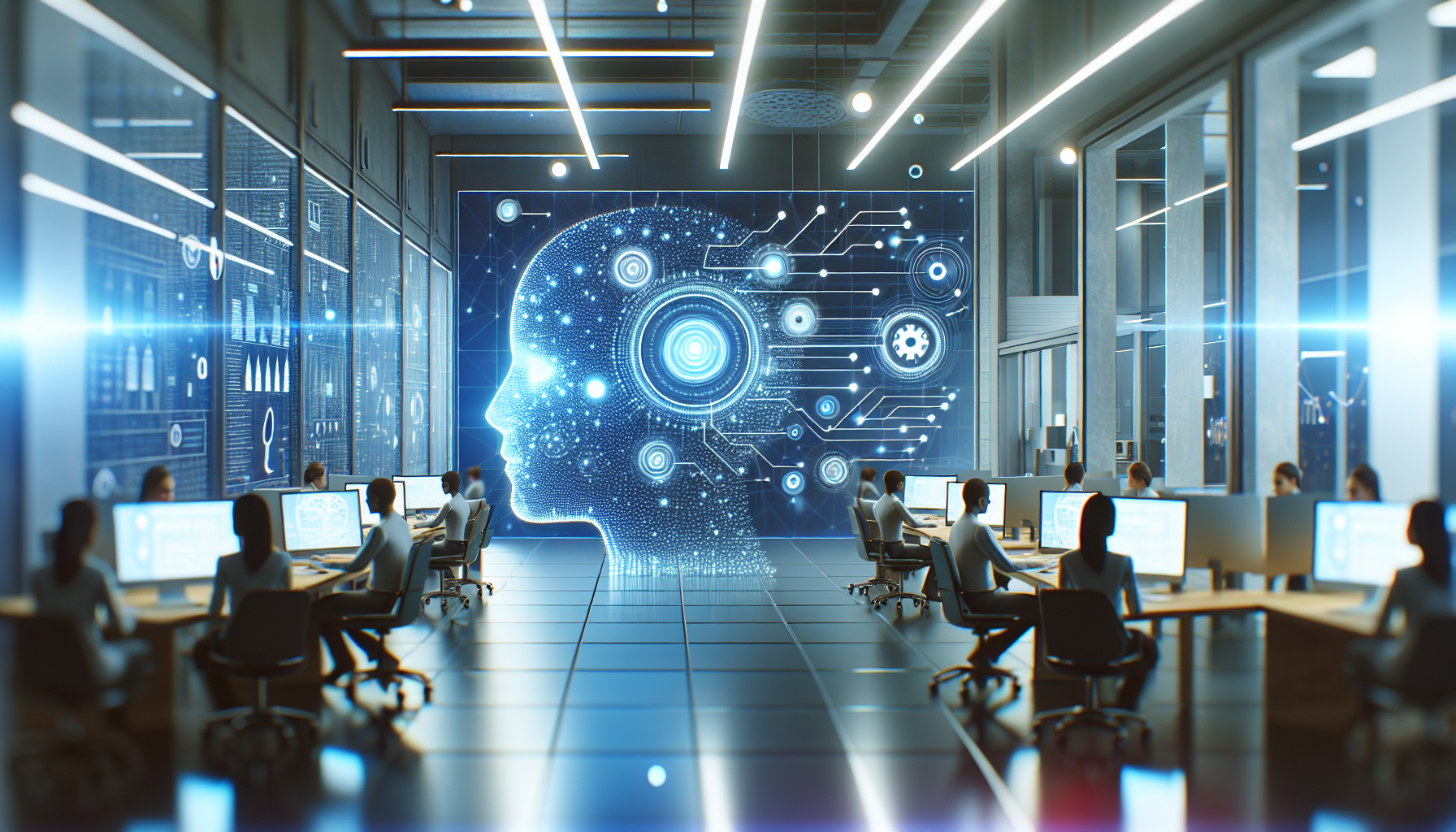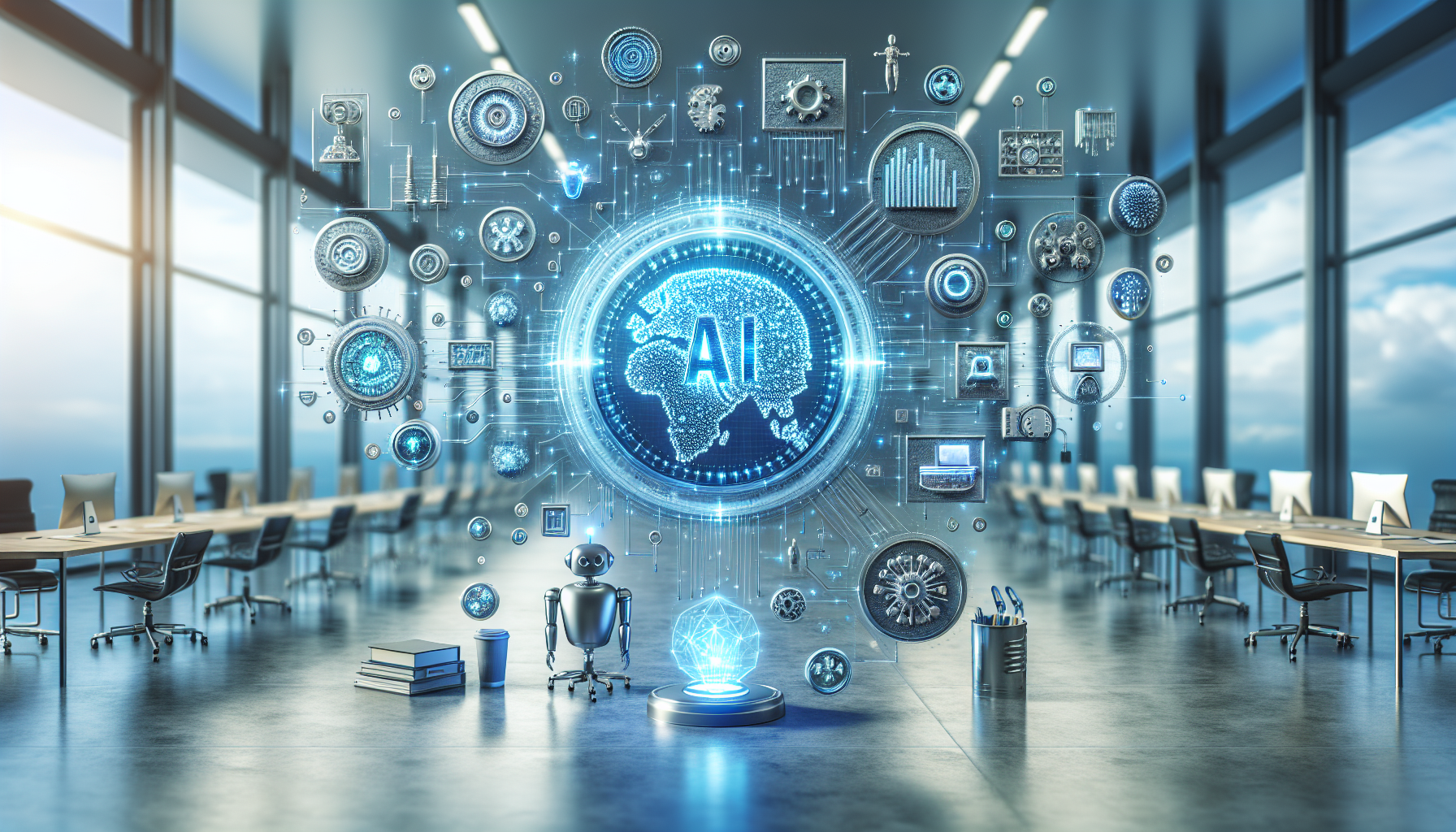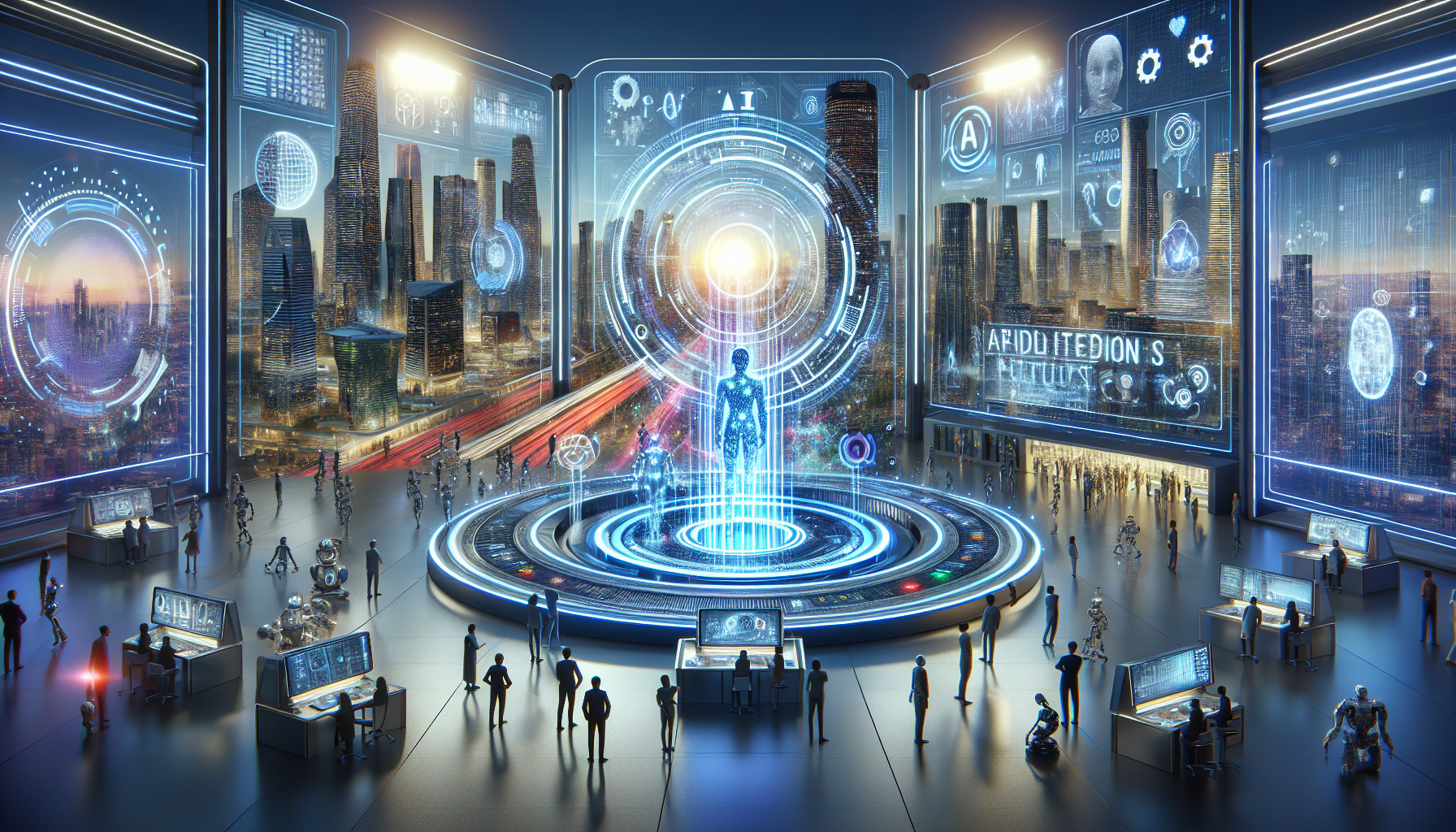
AI in Crisis Management: When Artificial Intelligence Saves the Day-And Your Sandals
November 14, 2025
Picture this: You’re lounging on a sunny beach, sipping a cold drink, when suddenly your phone buzzes with an emergency alert. A natural disaster is approaching, and you have two options: run for your life or trust the tech wizard in your pocket to guide you to safety. Spoiler alert: AI might just help you save your sandals while it's at it.
Artificial Intelligence has taken on many roles in our lives, from recommending slightly questionable movies to outsmarting us in chess. But its newest gig is far more heroic—saving lives during natural disasters and emergencies. Just think of AI as the Clark Kent of the digital world, minus the cape and the glasses, but with a lot of data-crunching superpowers.
AI’s role in crisis management is like having a super-efficient, albeit invisible, assistant. Imagine if all those hours you spent yelling at your GPS for taking you through the scenic route were instead spent marveling at AI’s ability to predict hurricanes, monitor wildfires, and coordinate rescue missions. That’s right, AI is getting so good at this that even meteorologists might start polishing their resumes.
One of the most fascinating, and perhaps slightly unnerving, aspects of AI in crisis management is its ability to predict natural disasters with uncanny accuracy. Thanks to machine learning algorithms, AI systems can analyze weather patterns that would make even the most seasoned sailor seasick. They can predict floods and storms before your barometer has even thought about twitching. It’s like having a crystal ball, but one that actually works and doesn’t just sit on a dusty shelf in a fortune-teller’s tent.
But let’s not stop at predictions. Once disaster strikes, AI goes into full superhero mode. Drones equipped with AI can survey disaster zones, providing real-time data to emergency responders. Imagine a tiny robot bird flying over a flood-ravaged area, sending back images that help first responders decide where to send aid. It’s technology that’s both awe-inspiring and just a little bit creepy. After all, who’s watching whom?
AI also shines in the aftermath of disasters, helping with recovery efforts. Consider AI’s talent for logistics: coordinating supply chains, distributing resources, and making sure the right aid gets to the right places. It’s like having a personal assistant who not only schedules your meetings but also ensures your coffee is always hot and your inbox is clear. Now, if only AI could do the dishes.
Of course, no discussion of AI would be complete without addressing the inevitable downsides. Like all superheroes, AI has its kryptonite. There's the ever-present risk of data breaches and the ethical dilemmas of relying on machines for life-or-death decisions. Plus, let’s be honest, there’s something a bit unsettling about an algorithm having a better idea of where you should be during a hurricane than you do.
But despite these concerns, the trend is clear: AI is becoming an indispensable part of how we manage crises. It’s a testament to human ingenuity that we’ve created a system capable of such feats, even if it occasionally gives off a strong "Big Brother" vibe. The next time you’re caught in a storm, you might find yourself more grateful for your smartphone than ever before—not just because it lets you post dramatic selfies, but because it might help you find the safest route home.
As we move forward, the question remains: How will AI continue to evolve in the realm of crisis management? Will it become our go-to first responder, or will it remain the trusty sidekick? One thing’s for sure—AI will keep making waves, both literal and figurative. So, next time you’re caught in a storm, just remember: There’s a good chance AI has already called your Uber to safety.


